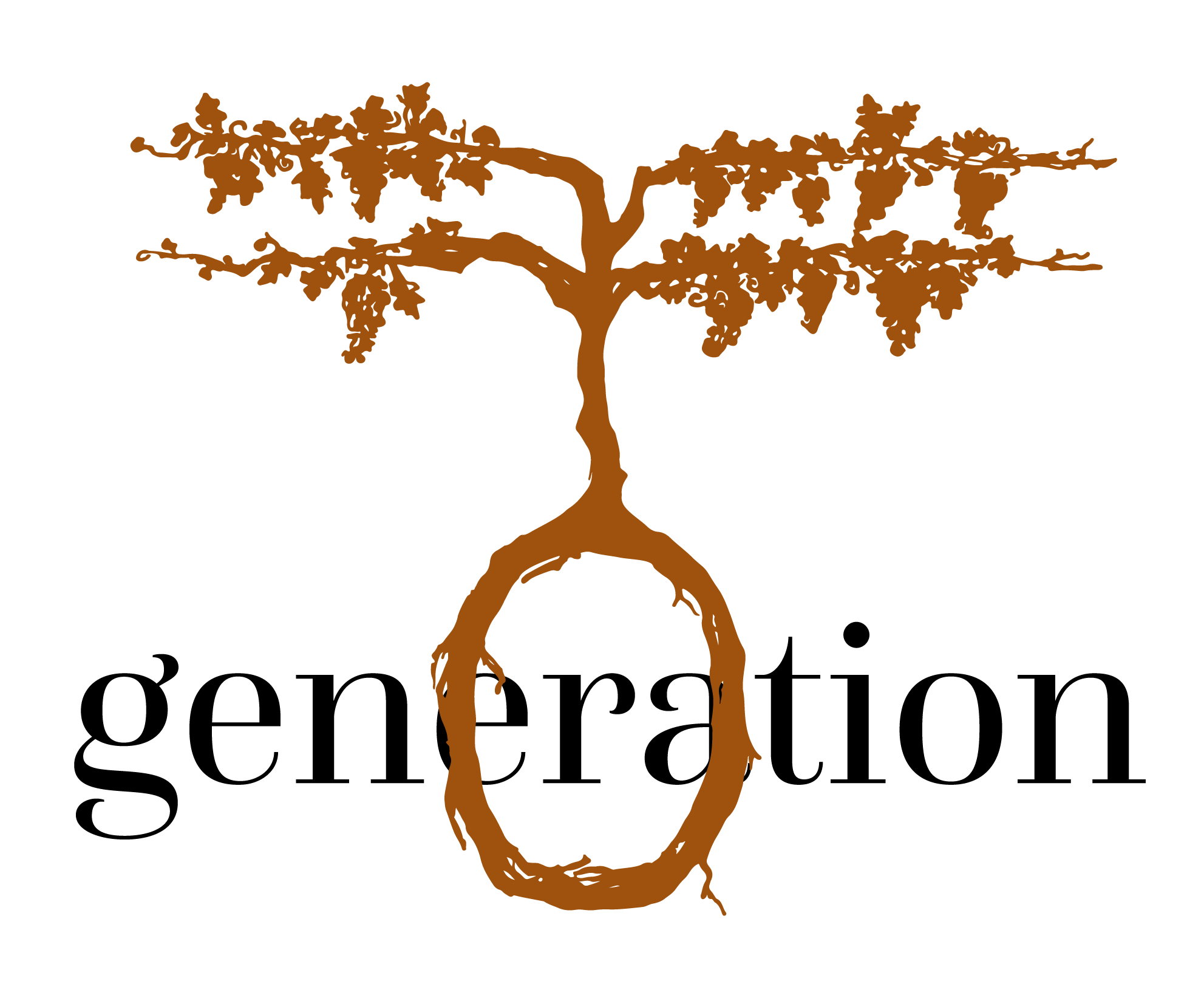
Fairtrade
Q: WHAT IS FAIRTRADE?
A: Fairtrade is about better prices, decent working conditions, local sustainability, and fair terms of trade for farmers and workers in the developing world. By requiring companies to pay sustainable prices (which must never fall lower than the market price), Fairtrade addresses the injustices of conventional trade, which traditionally discriminates against the poorest, weakest producers. It enables them to improve their position and have more control over their lives.
Q: Fairtrade is organic?
A: Fairtrade wines are made with respect for nature and sustainable made. In South Africa Fairtrade wines are IPW certified. The Fairtrade organization locally supports farmers in coaching them through Agricultural consultants that help them work their land as organic as possible. A healthy soil will give good grapes for a longer time of period (years and years). While exhausted soil (through use of chemicals) will not give a sustainable future.
WINE FARMERS AND WORKERS
Wine grape farming and wine-making are time-consuming industries, strenuous and labour-intensive. The demanding processes involved in the production of wine often lead to poor labour standards and living conditions for both small wine grape farmers and hired labourers on large plantations.
Fairtrade Standards are designed to improve employment conditions and protect the rights of workers on wine grape plantations and to support small wine grape farmers’ organisations in gaining more control within supply chains and increase their incomes. There are 42 Fairtrade wine producer organisations worldwide, across South Africa, Chile, Argentina and Lebanon, representing more than 5,000 farmers and workers.
South Africa is the largest producer of Fairtrade wine globally, with 24 producer organisations, and accounts for around two- thirds of Fairtrade wine sales. Chile also produces a high proportion of Fairtrade wine, with 9 producer organisations in country. Both of these countries have been witness to unique economic, social and political challenges.
The apartheid system in South Africa limited the opportunities for economic advancement of the majority of the population and left a legacy of poor employment conditions and labour relations in the wine industry. These problems include highly unequal land distribution and a history of paternalistic labour relations, rampant alcoholism among workers, low wages, inadequate housing and labour practices which often discriminate against women.
Chile has a long history of co-operatives in wine grape growing and wine making but many went bankrupt during the Pinochet regime. Many surviving farmers are located in areas of extreme poverty and struggle with low market prices that do not generate sufficient income to meet the needs of their families.
Fairtrade Standards include payment of the Fairtrade Minimum Price that aims to cover small wine grape farmers’ average costs of production. Fairtrade certified plantations must provide decent working conditions for workers and protect their rights in line with core International Labour Organization Conventions, including the right to join a trade union and collectively negotiate their working conditions, a safe and healthy environment and no discrimination or child labour.
More than 25 million litres of Fairtrade wine are sold globally. Small farmers and workers on plantations receive the additional Fairtrade Premium for these sales. The Premium is invested in improving farm practices, education, healthcare and training programmes that benefit farmers and workers, their families and communities.
